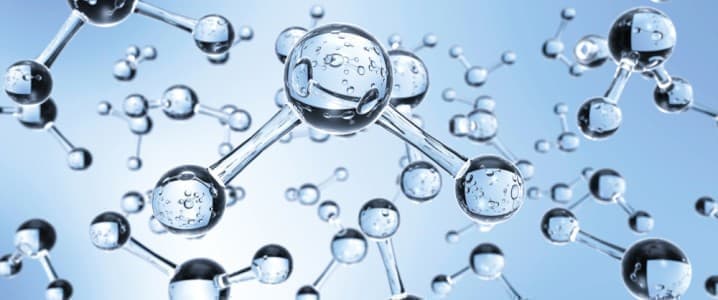Water electrolysis utilizing renewable energy sources is emerging as a promising clean method for hydrogen production. But the water electrolysis method, a promising avenue for hydrogen production, relies on substantial freshwater consumption, thereby limiting the regions available with water resources required for water electrolysis. Therefore, it is imperative to develop a new technology for water electrolysis that can directly harness the abundant supply of seawater.
During seawater electrolysis, the anode reaction generates oxygen from water, chlorine gas, and hypochlorous acid from chloride ions.
Precious metal electrodes, such as platinum oxide, ruthenium oxide, and iridium oxide, which are unaffected by chlorine, are widely used as anode electrodes.
Although precious metals are undesirable as electrodes for the widespread seawater electrolysis technology, non-noble metals, which are highly reactive with chloride ions, cannot be employed for durable anodes.
The research group developed a multi-elemental alloy electrode composed of nine non-noble metal elements and conducted an accelerated degradation test, consisting of turning the power supply on and off, which mainly caused degradation during the operation of the water electrolysis system.
The results suggest sustained anode performances for over a decade when powered by solar energy.
The anode made of this alloy requires higher voltages than that of the precious metal, such as iridium oxide. However, this anode offers direct seawater electrolysis without using fresh water. This innovation is expected to transcend geographical restrictions owing to the availability of fresh water, thereby promoting hydrogen production in regions abundant with renewable energy, such as coastal desert areas.
**
This research may well encourage more hydrogen production. There is an abundance of seawater, wind and sunshine and a deep cost cut from the precious metal problem could well incite much more attention.
The bugs, such as more voltage, aren’t really clear and even the study paper isn’t making a quick illustrative comparison. But the paper is showing 6000 cycles and a 100-hour life span.
So there looks like some market legs are under this research. Trials look to be a very good idea.
By Brian Westenhaus via New Energy and Fuel
More Top Reads From Oilprice.com:
- Skyrocketing Battery Mineral Demand Set to Outpace Supply By 2023
- Market Woes Force Glencore to Unload Stake in Major Nickel Mine
- Why Is Azerbaijan Hosting the World’s Most Important Climate Change Conference?


















